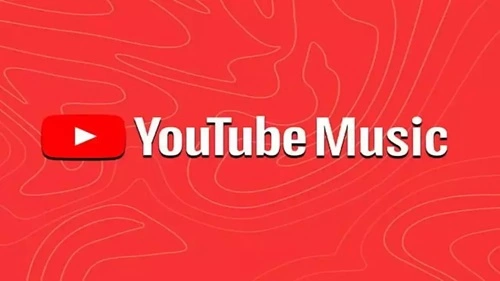No, it is not inherently illegal to copy a song into a Digital Audio Workstation (DAW) for personal use. However, doing so without proper authorization can infringe upon copyright laws, especially if the copied material is used beyond personal purposes.
Understanding Copyright Law
In the United States, copyright law grants creators exclusive rights to their works, including the reproduction, distribution, and creation of derivative works. These rights are designed to protect the intellectual property of artists and ensure they receive compensation for their creations. When you purchase a song, you typically acquire a license for personal listening, not for copying or redistribution.
Personal Use vs. Public Use
Copying a song into a DAW for personal use, such as practicing or creating a private remix, generally falls under fair use and is unlikely to attract legal repercussions. However, once you distribute, perform, or monetize the copied material without permission, you may be violating copyright laws. For instance, uploading a remix to a public platform or performing it publicly requires proper licensing.
Licensing Requirements
To legally use copyrighted material beyond personal use, you must obtain the appropriate licenses:
- Mechanical License: Allows you to reproduce and distribute a copyrighted musical composition. This is essential if you plan to release a cover or remix.
- Synchronization License: Required when pairing music with visual media, such as in videos or films.
- Public Performance License: Needed for performing the song in public venues or broadcasting it.
Organizations like the American Society of Composers, Authors, and Publishers (ASCAP) and Broadcast Music, Inc. (BMI) manage these licenses.
Digital Sampling and Derivative Works
Incorporating parts of a song into new creations, known as sampling, requires permission from the original copyright holders. Unauthorized sampling can lead to legal disputes, as it involves creating a derivative work. Even if you recreate a melody or bassline without directly copying the original recording, you may still need clearance to avoid infringement.
Recent Developments
The rise of digital platforms has intensified scrutiny over unauthorized use of copyrighted material. Platforms like YouTube employ Content ID systems to detect and manage copyrighted content, often resulting in monetization claims or removal of infringing material. Additionally, recent lawsuits have highlighted the importance of obtaining proper licenses when using existing works in new creations.
Conclusion
While copying a song into a DAW for personal use is generally permissible, any public use, distribution, or monetization requires appropriate licensing to comply with copyright laws. Musicians and producers should be diligent in securing necessary permissions to respect intellectual property rights and avoid legal issues.
Frequently Asked Questions
Q. Is it legal to create a personal remix of a song in my DAW?
Ans: Yes, for personal use. However, distributing or performing the remix publicly requires proper licensing.
Q. Can I upload a cover song to YouTube without permission?
Ans: Uploading a cover typically requires a mechanical license. Platforms like YouTube may have specific policies and systems to manage such content.
Q. What happens if I sample a song without clearance?
Ans: Unauthorized sampling can lead to legal action from the original copyright holders, including demands for compensation or removal of the infringing work.
Q. Do I need a license to perform a song publicly?
Ans: Yes, a public performance license is required to perform copyrighted songs in public venues.
Q. How can I obtain the necessary licenses for using a song?
Ans: Contact performance rights organizations like ASCAP or BMI to secure the appropriate licenses for your intended use.

